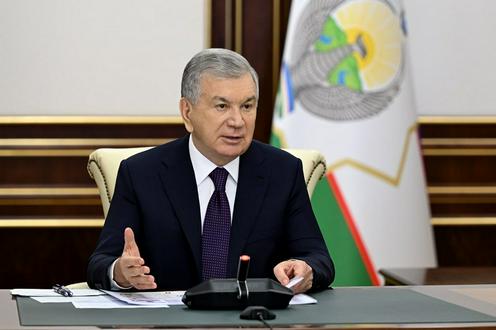President of Uzbekistan Shavkat Mirziyoyev has approved the draft National Program of comprehensive practical measures to prevent and combat drug-related crimes. The program, covering 2025–2026, includes over 100 operational-preventive, organizational-educational, and informational-agitation activities, according to the press service of the head of state.
At a meeting with law enforcement representatives, it was noted that drug crime has become a global problem. Analysts estimate that over 400 million people worldwide suffer from drug addiction, with around 300,000 dying annually from the effects of illegal substances.
The issue is also acute in Uzbekistan. Since the beginning of the year, more than 11,000 relevant crimes have been recorded, and about 2.5 tons of narcotic substances have been seized. New forms of drugs and methods of committing illegal activities continue to emerge each year.
For example, psychotropic and synthetic substances in the form of pills, convenient for storage and distribution, are increasingly widespread, particularly among young people. Drug production occurs in clandestine laboratories, and sales are conducted online. Often, distribution is carried out by transnational criminal groups.
“Therefore, it is time to introduce into national legislation measures aimed at preventing such threats, uncompromisingly combating them, and completely eradicating this evil,” emphasized Mirziyoyev.
Representatives of relevant agencies presented proposals to the president on eliminating illegal drug circulation, as well as comprehensive measures to ensure effective protection of the population from this threat.
The meeting highlighted the need to address the problem using stricter criminal-legal mechanisms, to increase liability for drug crimes involving youth, to organize large-scale investigative and operational work to identify online sellers, organized gangs, laboratories, and officials providing them protection.
Plans were also discussed to fundamentally improve the system of diagnosis, treatment, and rehabilitation for people suffering from drug addiction.










